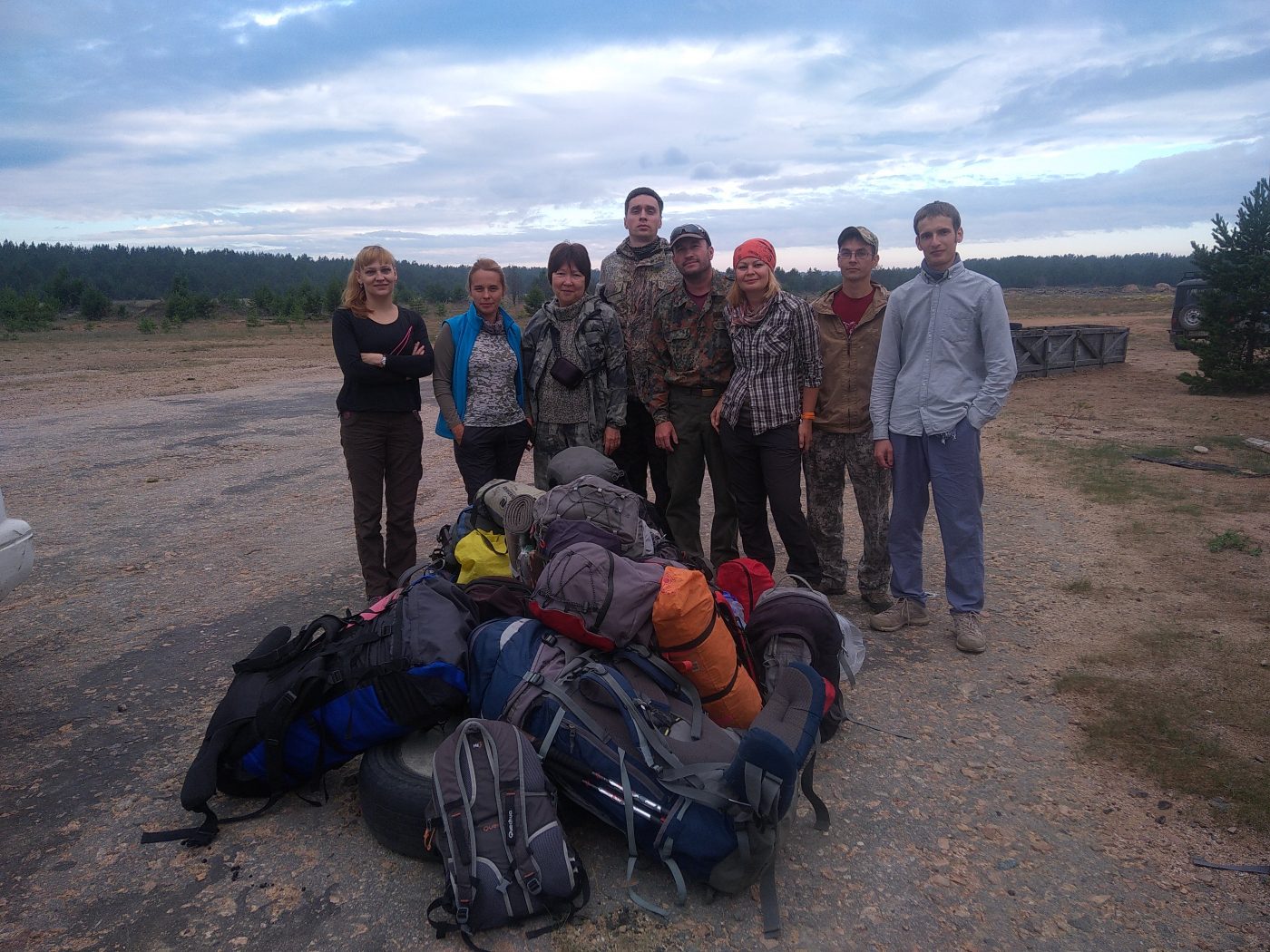Field work within the framework of the project «Educational tourism as a tool for nature complex conservation under conditions of pyrogenic and anthropogenic load» has been launched. This project is being implemented under the leadership of Natalia Luzhkova, specialist of Federal State Institution «Zapovednoe Podlemorye», winner of the «Baikal Initiative» competition.
On July 29, employees of «Zapovednoe Podlemorye» went on an expedition to the plateau of the Svyatoy Nos Peninsula. Scientists will develop a geoecological justification for the development of educational tourism in the conditions of modern pyrogenic and anthropogenic load.
The Svyatoy Nos Peninsula is one of the favorite places for active tourism on Northern Baikal. The most popular ecological path «Challenge Trail» leads here from the coast of the Barguzinsky Bay. On the Eastern shore of the peninsula the ecological path «To the Serpent’s Bay» wraps around it. Can they be combined into one multi-day route? Scientists will try to find options contributing to the conservation of nature for a ten-day expedition. Zoologists, botanists, physical geographers and cartographers participate in complex works. Thus, the impact on the plant and animal world will be assessed and a number of thematic maps will be created. Some types of research will be held for the first time on the ridge above the forest: the monitoring area of revegetation along the trails and burned areas will be established, the species composition of rodents in post-fire areas will be described, the population of ungulates will be evaluated, orthophotos will be created using the quadcopter.
The project participants will walk tens of kilometers through high-altitude tundra and thickets, conduct detailed biological and geographical research on potential routes and attractive sites on the Svyatoy Nos Peninsula, analyze reforestation processes on different-time burning area, and evaluate the possibility of using these sites for the development of educational tourism. The mobility of the group will largely be provided by lightweight modern equipment purchased at the expense of the grant. The results of the project will help to find a balance between the development of educational tourism and environmental protection, which will have a beneficial effect on the preservation of natural complexes and their careful demonstration to responsible visitors.


